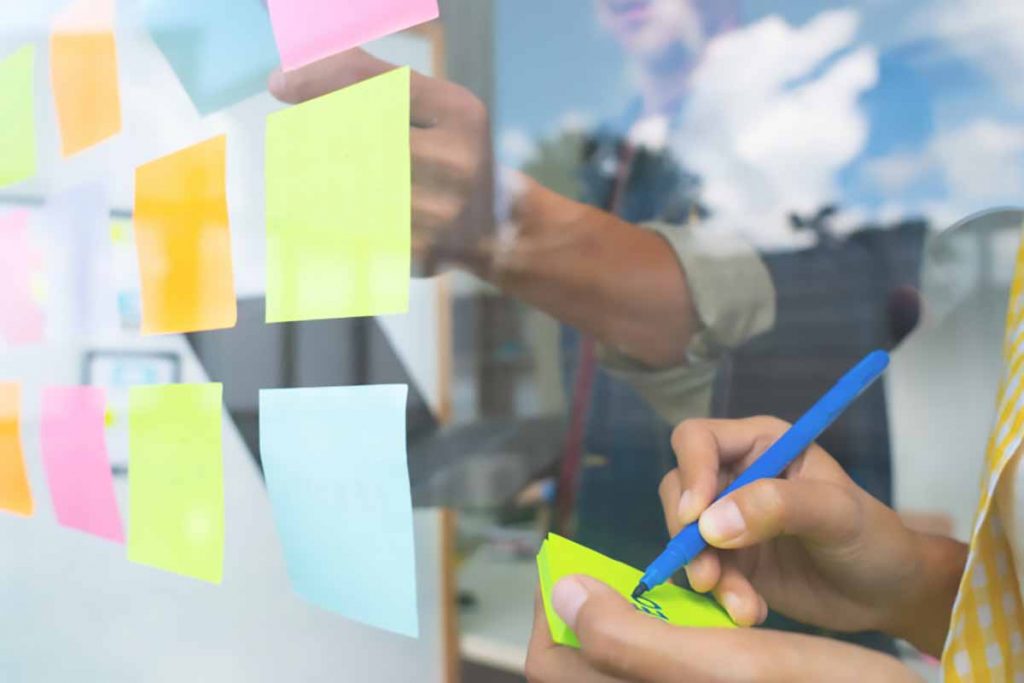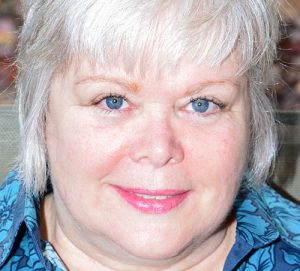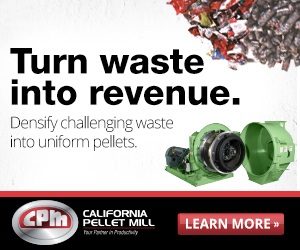
A leader at the Northeast Recycling Council (NERC) explains the group’s strategy for covering diversity, equity and inclusion issues. | Indypendenz / Shutterstock
At the Northeast Recycling Council (NERC) Fall 2020 Conference, a plenary session on racial justice in the recycling industry was featured. This session marked a milestone in NERC’s 33-year history – it was the first time racial issues were discussed at one of our events. While some attendees expressed difficulty with understanding the connection between racial justice and recycling, the majority were extremely appreciative and supportive that NERC had taken the plunge and opened the door on such a complex and challenging topic.
The enthusiasm built by this initial discussion encouraged NERC staff to continue the momentum and plan for doing more about diversity, equity and inclusion (DE&I) issues. In addition to staff undertaking individual initiatives to better understand and learn more about DE&I, we also started working on ways that we could work with our constituents. Soon after the conference, we hosted a roundtable discussion with NERC’s Board of Directors and Advisory Members (businesses, counties and municipalities, trade associations, nonprofits and consultants). The roundtable provided an opportunity for everyone to share information and learn about the strategies being planned and implemented by others working in recycling and solid waste.

Mary Ann Remolador
NERC’s Board also made the decision to have at least one session on DE&I issues at all of NERC’s future conferences. For the Fall Virtual ’21 Conference, to be held on Oct. 12-14, environmental justice and inclusivity are featured in the agenda.
NERC also formally announced its Next Generation Scholarship Fund. The fund is intended to introduce a diverse group of select scholars to the topics of sustainable materials management featured at NERC’s conferences. Contacting Historically Black Colleges and Universities (HBCU) continues to be a focus for the scholarship program outreach. NERC also plans to expand the scope of the outreach for upcoming conferences.
About a year ago, another opportunity to work on DE&I surfaced. NERC has partnered with the West Michigan Sustainable Business Forum to develop and implement a DE&I training. The training will consist of a series of webinars, small group discussions and a guidance document that includes case studies and other resources. The goals of the training are the following:
- Provide an educational opportunity about diversity, inclusion and racial equity for the solid waste and recycling industry sectors – government (federal, state\ and municipal), businesses, consultants, and nonprofit organizations.
- Provide the information and resources so that training attendees finish with the tools and skills needed for managing DE&I issues.
One of the first steps for working on the training was to better understand the perceived needs of the anticipated audience. NERC conducted a survey for those working in recycling and solid waste and received more than 270 responses.
The survey results provided information about the DE&I challenges and barriers people face at the workplace. The challenges come as no surprise to those of us who have been in the two industry sectors, because the industries have a long history of being white and male-dominated. The challenges include the fact that it’s a male-dominated industry, there are no people of color in leadership roles (just blue-collar jobs) and there are disproportionately low numbers of women in mid- and upper-level positions.
The survey also explored perceived barriers that staff face when trying to make change and progress on DE&I issues. Those include power dynamics and a reluctant atmosphere, a lack of understanding that DE&I should be a priority, not knowing how to implement DE&I in the workplace and a belief that DE&I is polarizing and political, not beneficial.
Additionally, survey respondents shared their desires for topics to be covered by the upcoming training. Some of those include how DE&I initiatives relate to environmental sustainability; the importance of creating a diverse, equitable and inclusive workplace; proven strategies for creating awareness about DE&I; equity versus equality; how to have meaningful community engagement; and incorporating DE&I in solid waste master plans, strategic and/or operational plans, community outreach, etc.
NERC is currently working with the Training Planning Committee to develop the content of the DE&I training content. The committee is a diverse group of individuals who work in private businesses, government, nonprofits and trade associations. Some of the committee members include Stef Murray of Schnitzer Steel, Kristy Loomis of PADNOS, Cherish Miller of Revolution, Arley Owens of the Ohio Recycling Coalition, Steve Changaris of the National Waste & Recycling Association (NWRA), Nidhi Turakhia of Allied Alloys, Dan Schoonmaker of the West Michigan Sustainable Business Forum, and Renee Panetta of the city of Troy, N.Y. and NYSAR3. The first webinar in the training is anticipated to be held in December.
Mary Ann Remolador is assistant director and event organizer for the Northeast Recycling Council (NERC).
The views and opinions expressed are those of the author and do not imply endorsement by Resource Recycling, Inc. If you have a subject you wish to cover in an op-ed, please send a short proposal to [email protected] for consideration.



